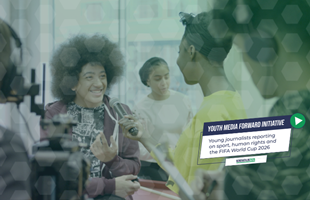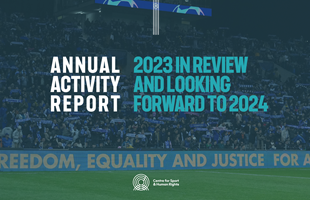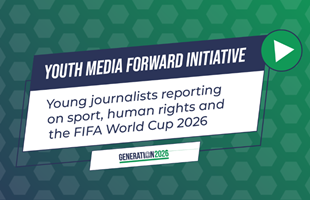Mega-sporting events and children’s rights and interests – towards a better future
08 Sep 2020
Author - Suzanne Dowse

The public subsidy of Olympic Games and FIFA World Cup hosting opportunities is invariably justified on the basis that they will secure a range of public good outcomes. Problematically, the information available inspires less confidence that these ambitions will be met and highlights how social costs and benefits are unevenly distributed. As a result, interest in the social dimension of hosting has grown, yet the knowledge to support responsive and evidence-based events policy remains relatively underdeveloped, particularly in relation to the specific needs and experiences of affected communities. The impact on children as a particularly stakeholder group reflects this context of recognition and knowledge gap. For example, while it is accepted that immovable deadlines and risk of reputational consequences raise a variety of social justice concerns throughout the event lifecycle, the nature and scale of these impacts on children is poorly understood and frequently mismanaged. Findings drawn from research commissioned by Terre des Hommes International Federation which explored the intersections between children’s rights and social justice concerns highlights how such initiatives present risks and opportunities that cannot be managed effectively until children are included within associated planning processes as a specific stakeholder group with distinct needs and interests.
Access here: Mega-sporting events and children’s rights and interests – towards a better future



